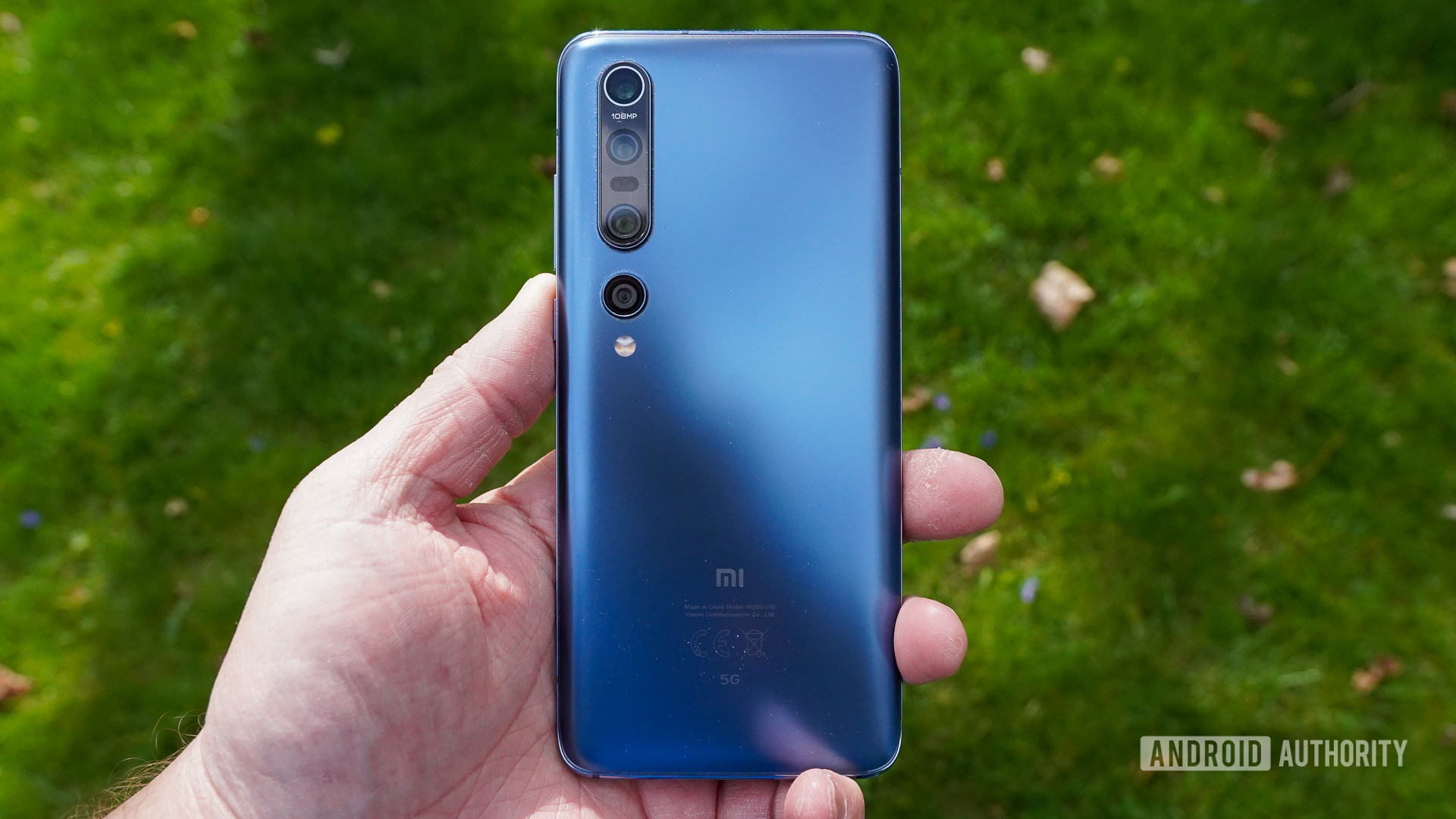Huawei hasn’t enjoyed the best month so far, as the US government extended its trade ban against the company for another year. But the White House also instituted stiffer restrictions on Friday, forcing foreign chipmakers using US equipment to halt shipments to Huawei.
Chipmaker TSMC has since halted all orders for Huawei, according to Nikkei Asian Review, citing multiple sources.
“TSMC has stopped taking new orders from Huawei after the new rule change was announced to fully comply with the latest export control regulation,� a source told the outlet.
“But those already in production and those orders which TSMC took before the new ban are not impacted and could continue to proceed if those chips could be shipped before mid-September.�
What does this mean for Huawei?
TSMC is responsible for producing the vast majority of the manufacturer’s smartphone chips, such as its Kirin family. Some of the more prominent chips include the Kirin 990 used in its flagship wares and the Kirin 820 used in its mid-range 5G phones.
Losing access to TSMC would therefore be a major blow for Huawei, as it’s not quite a simple case of switching to another company. Few companies produce tiny processors and on large a scale as Huawei needs, and these firms would likely be using US equipment as well.
The one ray of hope is that TSMC is apparently allowed to ship chips already in production and orders placed before the new ban (if they can be shipped by mid-September). So you have to hope that Huawei placed big orders in general as well as for its latest chips.
Huawei traditionally debuts a new flagship processor in September or October each year inside the Mate phones. So if any Kirin chip is going to be affected by this US measure in 2020, it’ll likely be this processor. The Chinese brand has also recently shipped phones with a brand-new Kirin 820 5G chip, but hopefully it’s ordered plenty of these for future devices.
The Chinese giant also uses Qualcomm and MediaTek processors in some of its phones, but there’s no word if these chip designers would be able to supply Huawei with silicon. After all, both firms also use TSMC to produce their chips.
Huawei has also been stockpiling components since the end of 2019, Nikkei reported, and you have to assume that it’s intensified this measure in order to ensure a steady supply. Either way, this has the potential to cause considerably more damage than the lack of Google services.
More posts about Huawei














